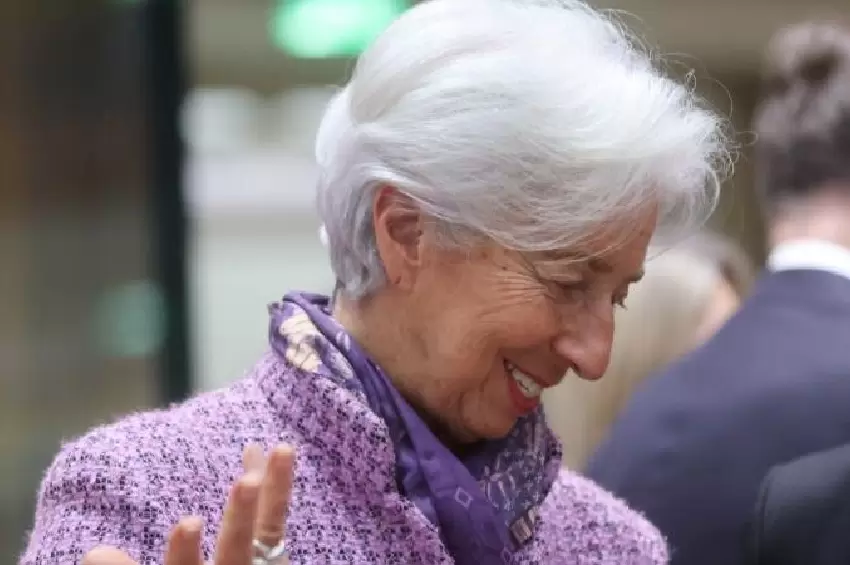Financial Struggles Intensify for Small Business Owners
A sluggish private consumer economy has led to a significant rise in financially vulnerable small business owners, with numbers increasing by approximately 8 percent over the past year to nearly 430,000. Their loan delinquency rate surged to 11 percent by the end of last year, marking the highest level in 11 years.

Understanding the Financial Vulnerability
According to the "Financial Stability Report" released by the Bank of Korea (BOK), the number of financially vulnerable small business owners stood at 427,000 as of December last year, accounting for 13.7 percent of all self-employed individuals. This group, defined by loans from multiple financial institutions and falling into low-income or low-credit categories, has been expanding annually.
The Impact of High-Interest Rates
The rise in financially vulnerable business owners is attributed to declining income due to sluggish service sector performance and prolonged high-interest rates, making debt repayment increasingly difficult. The BOK highlights the need for a recovery in business sectors to support these individuals amidst the current interest rate cut cycle.
Broader Economic Implications
The impact of prolonged high-interest rates extends beyond small business owners, affecting salaried workers with an increase in loan delinquencies. Meanwhile, South Korea’s total real estate-related loan balance has surged, with household loans making up nearly half of this figure.
Future Risks and Warnings
The central bank warns of increasing risks for high-risk debtors in provincial regions if real estate prices continue to diverge between metropolitan and regional areas. With housing prices in some parts of Seoul rising rapidly, the stability of household debt is under threat.









Comments